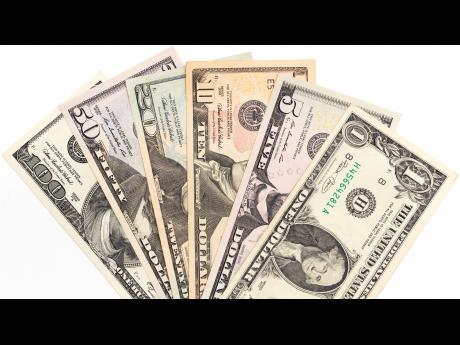Local banks are saying that new charges levied on US-dollar accountholders are related to higher costs associated with transporting and shipping the currency overseas.
As supplies of foreign currency build up in bank vaults, new fees on deposits above set thresholds have been imposed on savers.
Account holders are further disincentivised by the appreciation of the US currency, which has fallen from its year-to-date high of $130.48 back to $128.38 as of Thursday, as well as the low interest paid by the banks.
A treasury manager told Gleaner Business that interest paid on USD fixed deposits was now within a range of 1.0 to 1.2 per cent per annum, because liquidity in the market was high and the Jamaican dollar was appreciating. Rates are even lower for savings, which are not fixed, averaging 0.066 per cent, according to central bank data.
“We don’t know which way the dollar will go,” she said, suggesting it might be wiser at this time to hold funds in Jamaican dollars.
DIFFERENT STRUCTURES
President of the Jamaica Bankers’ Association and Managing Director of CIBC FirstCaribbean International Bank Jamaica, Nigel Holness, said the fees don’t all relate to problems that have arisen from de-risking by foreign correspondent banking partners.
“Structural and operational activities differ across businesses which would determine the cost of providing these services. Not all banks have the same structure and efficiency levels differ between institutions for various reasons which would determine and contribute to the price points across the sector,” Holness said.
Speaking specifically to his own shop, he said the charge by CIBC FirstCaribbean Jamaica was simply to defray “some of the cost of handling, transporting and shipping the currency between locations and ultimately overseas”.
CIBC FirstCaribbean International Bank Jamaica sets a maximum of US$500 on daily deposits and charges a fee of 2.33 per cent per cent for deposits that breach the cap.




Leave A Comment